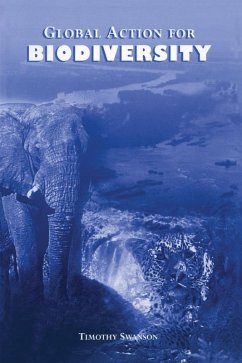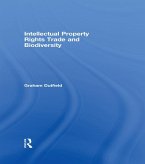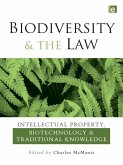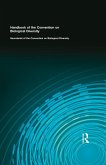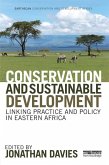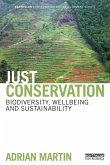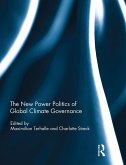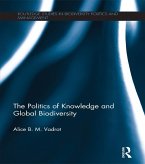At the Rio Earth Summit in 1992, the nations of the world adopted the convention on Biological Diversity. Since then, over 160 countries have ratified the Convention, three Conferences of the Parties have taken place and a permanent secretariat has been established. Despite this, there remains a lot of uncertainty and even more controversy about what the Convention was intended to accomplish and how it was to do so. This book, published in association with the IUCN - The World Conservation Union, sets out to answer some of these questions by recounting the history of the movements leading up to the Convention, but especially by analysing the forces giving rise to the problem. It provides a specific set of policy prescriptions intended to facilitate the development of institutions and obligations within the international community which will give real effect to the aspirations of the Convention, and the ensure that it has some real effect at ground level. The author begins with an overview of the issues and then develops the basic nature of the problems within a bio-economic framework. He highlights the gaps in the Convention which remain to be filled, offers detailed explanations of the concepts involved and describes the nature of the solutions required. Thus he sets out a detailed plan for global action in support of an effective international convention for the conservation of biological diversity. The book is an excellent introduction to a very topical debate, and a valuable reference point for conservationists, policy makers and students of development studies, environmental studies, environmental policy and conservation biology.
Dieser Download kann aus rechtlichen Gründen nur mit Rechnungsadresse in A, B, BG, CY, CZ, D, DK, EW, E, FIN, F, GR, HR, H, IRL, I, LT, L, LR, M, NL, PL, P, R, S, SLO, SK ausgeliefert werden.

